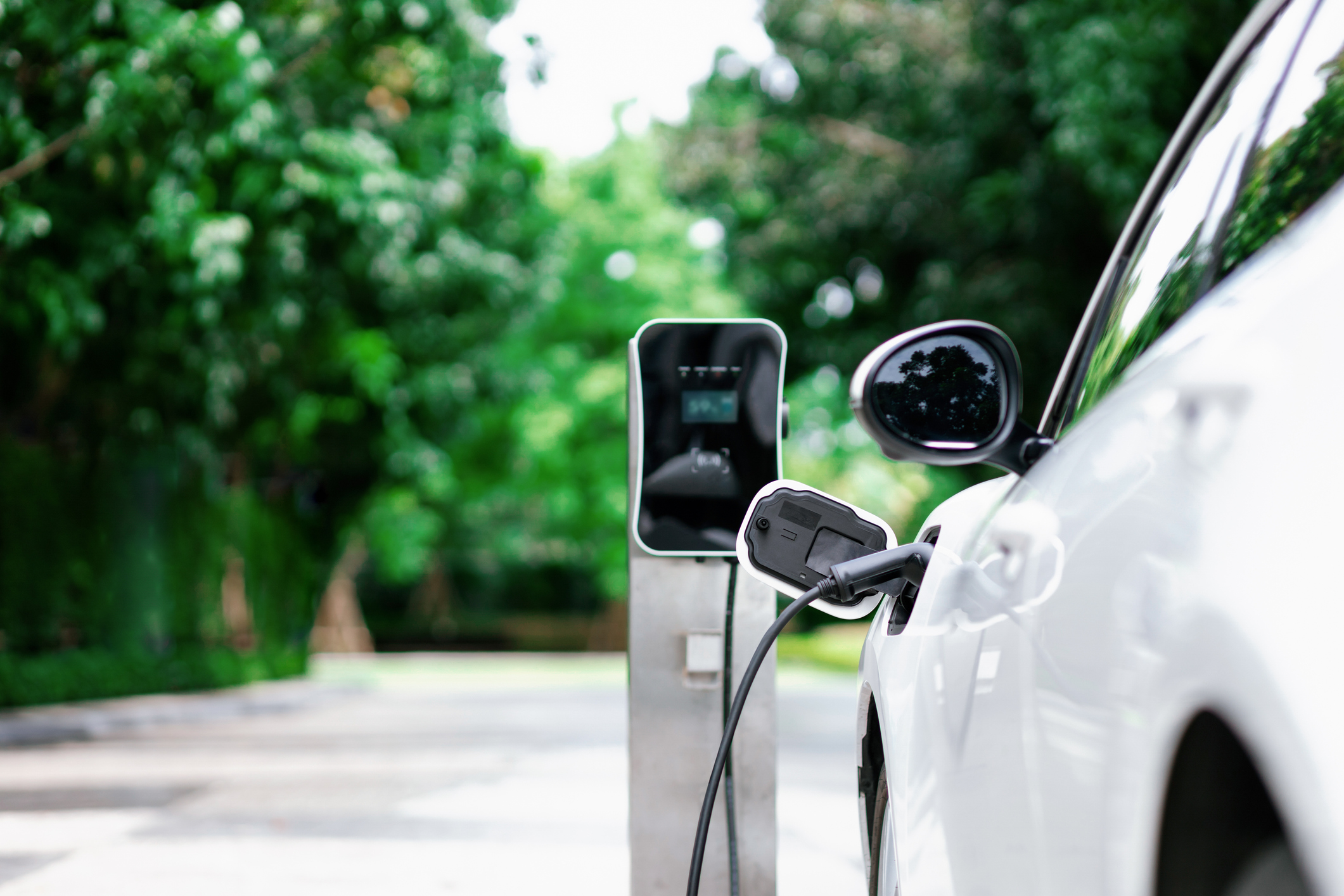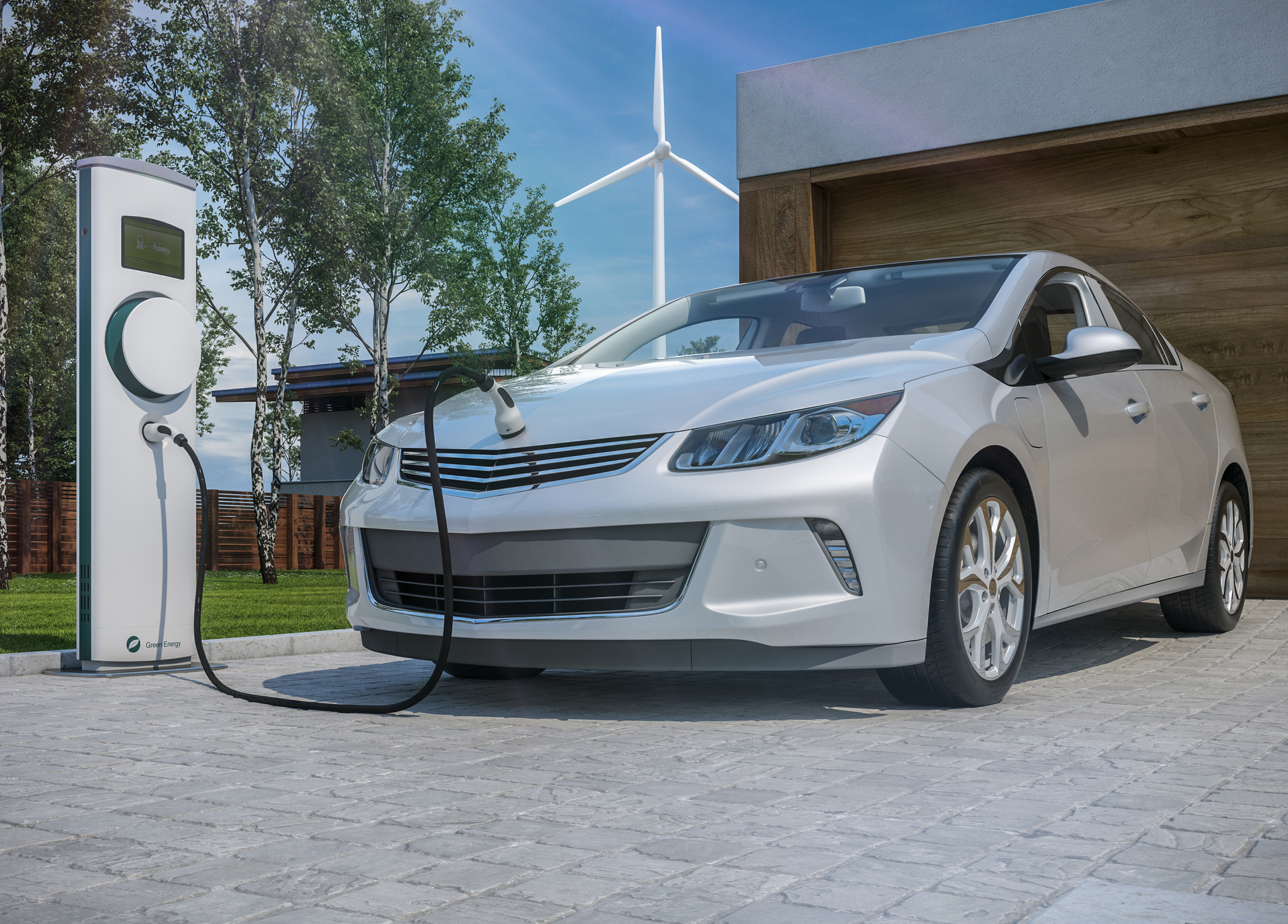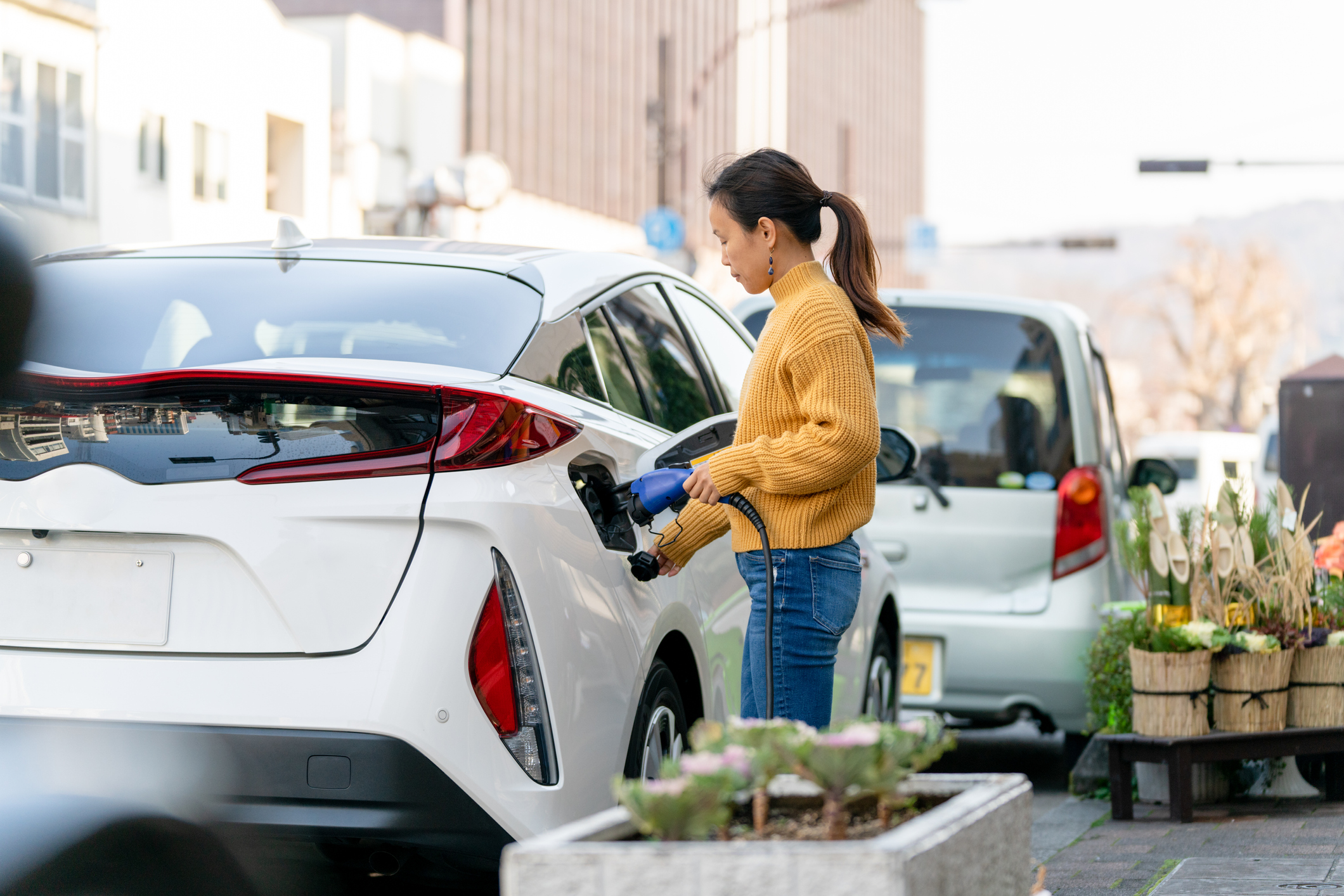Talking to Your Family About Climate Change

Dec 18, 2019
97% of scientists and 70% of Americans agree: climate change is real, and it is happening now. However, few people actually talk about climate change with their friends and family. Only 37% of Americans talk about climate change, and only 23% of Americans hear someone they know talk about climate change at least once a month.
Talking about climate change may seem scary and difficult. Many people don’t talk about it because they feel they do not know enough about the topic, they don’t want to cause an argument, or they simply think it won’t make a difference. However, everyone is capable of having a productive, civil conversation about climate change, and doing so is crucial to solving the climate crisis.
Why talking about it is so important
Studies show that discussing climate change leads to greater acceptance of climate science. Simple conversations can help increase belief that climate change is real, human-caused, and important. Such conversations create a positive feedback loop—the more you talk about climate change, the more your friends and family know about it; the more they know about it, the more they talk about it. In fact, the best messengers for such a conversation are family and friends. The conversation is much more productive and effective when the person trusts the messenger.
How to start the conversation
The best way to begin the conversation is with a gentle transition, casually introducing the topic. A good way to start is by bringing up an interesting or surprising fact, piece of news, or current event. You could discuss recent weather events, such as wildfires or hurricanes, or the incredible growth of the clean energy industry or the global climate strikes. You could also bring up a person or place that has already been affected by climate change, such as a friend impacted by the recent California fires or your favorite beach town that has been damaged by hurricanes. A simple “hey, did you know…” or “did you hear…” can casually open the door to a deeper conversation.
How to have the most effective conversation
To have the most impactful conversation, present climate change in a way that connects to their values. Think about who they are, what their values are, what matters to them in life, and what you have in common. Do you live in the same community? Are you both parents? Do you work in the same profession? Do you enjoy the same hobbies? Start on common ground by talking about what matters to both of you—and then connect it to climate change. If you both have kids, talk to them about how a changing climate will affect your children’s health and wellbeing. If you both enjoy hiking, surfing, or other outdoor activities, share with them how climate change is already affecting your hobbies.
Even if you don’t have anything in common with them, talk to them about how a changing climate will affect their life more than they may realize. If they own a business and are worried about the impact of environmental regulations, tell them about how adopting sustainable practices can help them save money. Share stories about real people and places who are already affected by climate change to frame the conversation in an even more personal, human way. By connecting climate change to their own life and what matters to them, they may begin to realize the true impact of a changing climate in a way they had not yet realized.
One of the most important topics of the conversation is solutions. Telling them about practical and viable ways to combat climate change is key to keeping the conversation more hopeful than fearful, which may help it resonate more. Think of successful large-scale solutions that they might find interesting, such as offshore wind farms that can now produce energy for less money than coal, or smaller solutions that they might consider doing themselves, such as making the switch to clean energy for their own home. Tell them about the actions that you take and how easy they are or how good they make you feel. Show them all the easy and effective ways there are to solve the climate crisis, and they might begin to embrace them.
Other important tips
Establish mutual respect to ensure a civil, productive conversation.
Treat the conversation as a dialogue. Try to talk with them, not at them.
Ask them questions. Listen to them. Hear what they have to say. Listen to understand, not just to respond.
Try to keep the conversation more hopeful than fearful. Focus more on practical solutions and the progress already made, rather than the scary realities of a changing climate.
End the conversation on a positive note, even if you disagree or don’t feel like you made any progress. Tell them you love, respect, and/or appreciate them.
Having a conversation about climate change can feel difficult or uncomfortable. With these tips, hopefully it feels a little less daunting.
Stay in the know
Learn about clean energy, climate tips, special offers, and more



